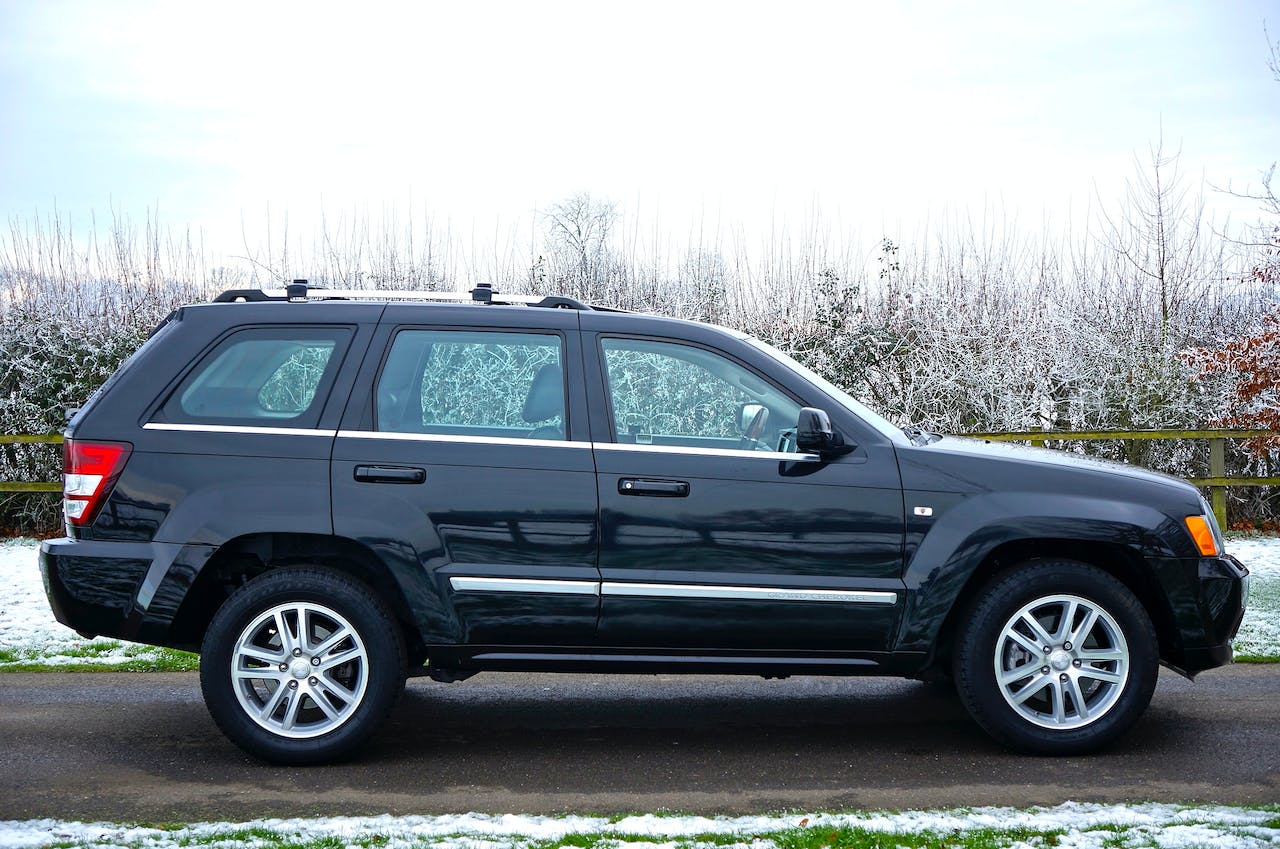
Disclosure – this is a collaborative post.
Choosing a used SUV for your family is a vital decision that will greatly impact your family’s comfort, safety, and daily life. SUVs have become increasingly popular as they offer spacious interiors, versatility, and practicality. However, with a wide range of options available in the used car market, it’s essential to consider several key factors so that you select the right SUV that meets your family’s specific needs. In this article, we’ll guide you through the process of choosing the perfect used SUV for your family.
Assess Your Family’s Needs
The first step in selecting the right used SUV is to assess your family’s needs and priorities. Consider the following questions:
- How many family members do you need to accommodate? Determine whether you need a compact, midsize, or full-size SUV to ensure that everyone has ample space.
- What is your typical driving environment? Consider the climate, terrain, and road conditions in your area. If you frequently encounter rough roads or inclement weather, you may want to prioritise an SUV with all-wheel drive or four-wheel drive. If so, you can find used SUVs on Houseofcars.com.
- What cargo capacity do you require? Evaluate the amount of cargo space you need for everyday items, strollers, sports equipment, or luggage when going on trips.
- Do you need to tow anything? If you plan on towing trailers, boats, or campers, make sure the SUV you choose has an appropriate towing capacity.
- What safety features are important to you? Modern SUVs come equipped with a wide range of safety features, including airbags, stability control, advanced driver-assistance systems, and more. Determine which safety features are a priority for your family.
- What is your budget? Set a realistic budget for your used SUV purchase, taking into account not only the purchase price but also ongoing costs such as insurance, maintenance, and fuel.
Research Different Models
Once you’ve identified your family’s needs, start researching different SUV models that align with those requirements. Consider factors such as:
- Reliability: Look for SUVs with a reputation for dependability and longevity. Consumer reviews, reliability ratings, and owner feedback can provide valuable insights.
- Fuel Efficiency: If fuel costs concern your family, research the SUV’s miles per gallon (MPG) ratings to find an efficient option.
- Safety: Check for safety ratings and features, such as adaptive cruise control, blind-spot monitoring, lane departure warning, and automatic emergency braking.
- Resale Value: Some SUVs retain their value better than others, which can be an important consideration if you plan to sell or trade in the vehicle in the future.
Consider the Age and Mileage
When shopping for a used SUV, age and mileage are critical factors. While older models with higher mileage may come at a lower initial cost, they may require more maintenance and repairs over time. On the other hand, newer SUVs with lower mileage may offer greater reliability but come with a higher price tag. Finding a balance that suits your budget and comfort level is key.
Get a Pre-Purchase Inspection
Consider having a pre-purchase inspection performed by a qualified mechanic. A professional inspection can uncover hidden issues and provide you with a detailed assessment of the SUV’s condition. While it may involve an additional cost, it can potentially save you money on future repairs.
Negotiate the Price
Once you’re satisfied with the SUV’s condition and have completed a successful test drive, it’s time to negotiate the price. Research the market value of similar used SUVs to have a realistic understanding of what you should pay. Don’t hesitate to negotiate with the seller and ask for a better deal. Be prepared to walk away if the price doesn’t align with the market value or your budget.
Review Documentation
Before finalising the purchase, carefully review all the necessary documentation provided by the seller. Ensure that the seller provides a clean title, a bill of sale, and any maintenance or repair records. Verify that the Vehicle Identification Number (VIN) on the paperwork matches the one on the SUV.
Consider an Extended Warranty
Depending on the age and mileage of the used SUV you’re purchasing, you may want to consider an extended warranty. Extended warranties can provide peace of mind by covering certain repairs and maintenance expenses over a specified period. Evaluate whether the investment in a warranty is worth the added protection for your family SUV.
Conclusion
Choosing the right used SUV for your family is a significant decision that requires careful consideration of your family’s specific needs, budget, and priorities. By following these essential steps and conducting thorough research, inspections, and negotiations, you can find a reliable and family-friendly SUV that enhances your family’s comfort, safety, and overall driving experience. Remember that taking your time and making informed decisions will help you make the best choice for your family’s needs and peace of mind on the road.
Disclosure – this is a collaborative post.
